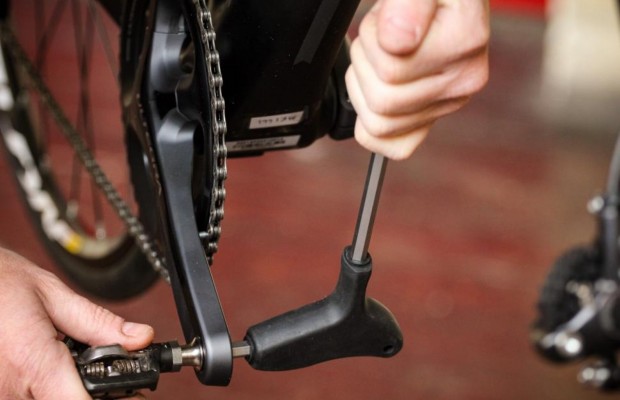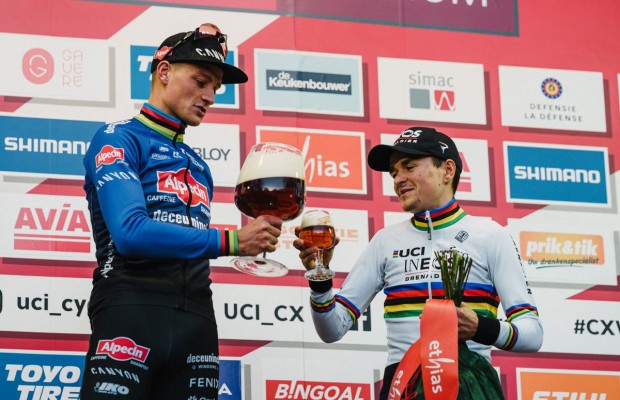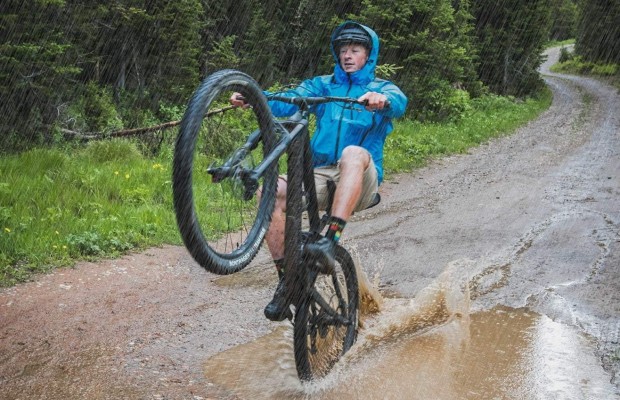Katerina Nash, favorite for Cape Epic 2023, will not be sanctioned for her doping positive
Just a week before the start of the Cape Epic 2023, the U.S. Anti-Doping Agency exonerated Katerina Nash after she tested positive for capromorelin, a medication that she had been administering to her dog after it was proven that contact with it was the cause of the positive test. The cyclist is the favorite to win the race, teaming up with last year's winner Sofía Gómez.

It wasn't for Katerina Nash, it was for her dog
Unusual resolution of the doping case of the Czech mountain biker and current president of the UCI Athletes' Commission, Katerina Nash, who last October tested positive in an out-of-competition test for capromorelin, a substance that, although not specifically mentioned among the products prohibited by WADA, does belong to a group of prohibited substances called peptide hormones, growth factors, related substances and mimetics.
Out of top-level competition since 2016, Katerina Nash had set her sights on winning the next Cape Epic, although this positive threatened to spoil everything, raising a possible sanction of up to 4 years.
RECOMENDADO

How to change the pedals of any bike in 5 steps

Alcoholic beverages with the fewest calories

What would you do if you won the lottery? This cyclist bought himself a €20,000 bike

Tips for cycling in the rain

25 cycling gifts ideas to get it right

When do helmets have to be changed? Do they have an expiration date?

Nash claimed in his defense that he was administering this drug to his dog as a possible source of the contamination. What might seem like the usual excuse used in these cases, has been confirmed after the studies conducted by the USADA, which have shown that the contact of this drug with the skin is related to the levels of capromorelin that appeared in the cyclist's sample.
In the statement issued by the USADA to settle the case of Katerina Nash, it is argued that the substance is not specifically prohibited in the list of banned substances and that the cyclist was exposed to it through no fault of her own, so there will be no sanction. In addition, Travis T. Tygart, executive director of the USADA said that "the rules must change and demand a fairer global anti-doping system that catches and punishes intentional cheaters but does not endanger innocent athletes".

For her part, Katerina declared that "it is devastating to think that not washing my hands could have ruined my entire career. But, no regrets, I wouldn't have taken care of my dog any other way, I was touching medicine every day for three weeks", pointing, like the USADA director, towards the need for a change in the system "it's a brutal system. It's pretty advanced for a reason, but you should not stop trying to improve it going forward."